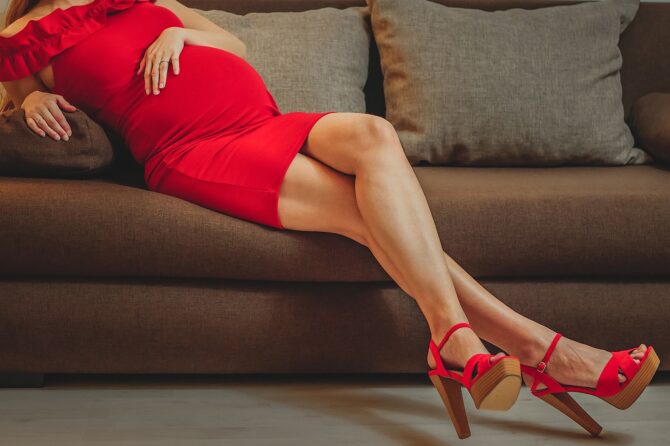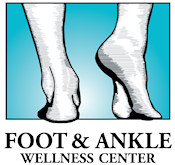
Can I Wear High Heels When Pregnant?
Many women nowadays lead active careers and lives well into the final months of their pregnancy. This could mean heading to a business meeting or even a social gathering (masked up, of course) and needing to look your best. But before you reach for those heels, think about what it could mean for your feet.
There are a lot of myths concerning the health risk of high heels during pregnancy, but the truth is they’re not going to magically harm you. However, there are three factors that make it riskier to wear high heels (or really any non-supportive shoe) while pregnant.
Center of Gravity
Whether you keep a healthy diet and exercise regimen during pregnancy or not, there is an object forming inside you and it has volume and weight. Therefore, you will inevitably get larger and heavier, which changes your center of gravity. Pregnancy pulls you forward and results in extra pressure on the knees and balls of the feet. High heels will also shift your center of gravity forward, compounding the problem. If you insist on high heels, choose something very low that offers support.
Balance
Remember that center of gravity thing we just talked about? Not only does that tilt women forward, adding pressure to their feet with every step, but it also makes them unstable, which can lead to a nasty fall. Technically, this can happen to anyone wearing high heels at any time. But if you’re pregnant, a fall could mean serious complications for both mother and baby. It’s best to just go with a flat and supportive shoe that keeps you firmly planted on the ground.
Strength & Flexibility
Lots of fun things happen to your leg muscles when you’re pregnant. Cramps are a common symptom of muscle fatigue due to increased body weight. Hormones released during pregnancy will also loosen the muscles and ligaments in the foot. So, when we use our foot muscles too much with no support (like when we wear high heels), permanent changes to the foot can occur. Wear tennis shoes with velcro or slip-on shoes with arch support. If you must wear heels, do so for short periods of time and raise your feet afterward to reduce swelling.
Seven out of ten pregnant women report foot and ankle problems during pregnancy. Why create another reason for your feet to hurt? While high heels are not the enemy, they should be avoided as much as possible during pregnancy to protect the health of everyone involved. After all, your feet need support so they can keep up with your kids for years to come.
Leave a reply